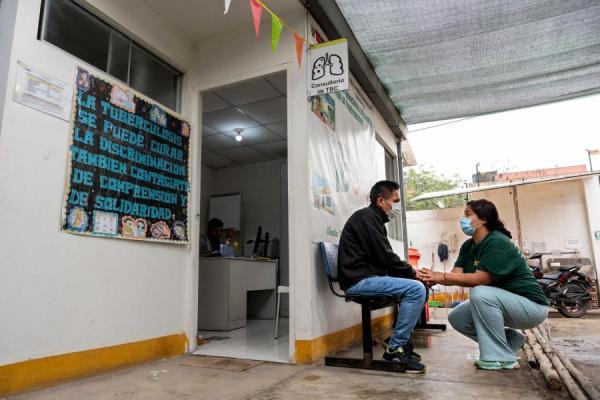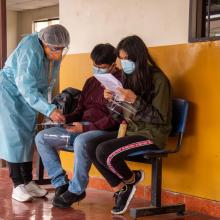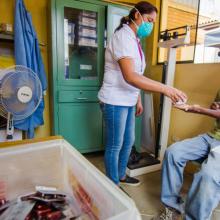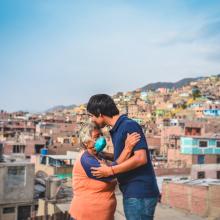In Peru, almost 2 million people face the harsh reality of living on less than 10 soles a day, according to INEI. This situation is not only an economic challenge, it is a constant battle for survival, where daily decisions become difficult, and health, has to take a back seat. For those struggling to cover the basics, affording medical treatment seems an unattainable goal. According to the World Bank, the most vulnerable families are forced to face harsh exclusion from the healthcare system, especially when it comes to chronic or serious illnesses.
Across the country, 39% of people with chronic illnesses choose not to seek medical care, according to the National Household Survey 2024. Economic and social barriers are one of the main reasons. Survival, in many cases, becomes a daily struggle, where health is a priority that is postponed again and again. Faced with this reality, Peruvians are caught in a circle of difficult decisions: going into debt, giving up jobs, or even choosing who in the family will receive treatment.
However, this problem is a question of social justice. Why should health depend only on a person’s economic level? Why should those with fewer resources pay the price for a disease that could be treated in time if they had access to adequate services? We all deserve dignified medical care, regardless of where we come from or how much we earn. We should all have the right to access timely, quality treatment when we need it most.
To read this article in full, click here.
.



